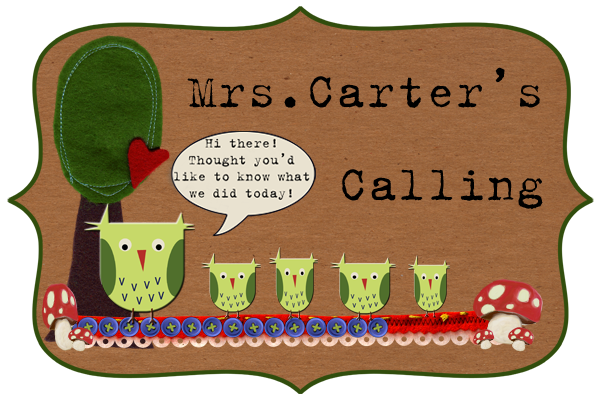This is a helpful tool for you to use to ensure that your child understands what he/or she is reading. Use this as a guideline while your child is reading to you at night.
BEFORE READING
Discuss the title and cover of the book
Make predictions about what you think the book may be about, or what might happen in the story.
Take a picture walk. Look at the pictures carefully, and discuss them. This gives them a sense of what the story will be about and gets their mind ready to read the book.
DURING READING
Help your child read unfamiliar words by using the “comprehension”strategies.
Encourage your child to make connections by asking, “Has anything like that ever happened to you?” or “Does this remind you of another book you’ve read or heard?”
Ask higher level thinking questions by asking…
• What would happen if…?
• Why did that happen?
• What would you do?
• What do you think might happen next?
AFTER READING
Have your child retell the story.
Be sure they include:
o Characters
o Setting
o Beginning
o Middle
o End
o Have your child tell you his/her favorite part and why.
Talk about why they think the author decided on the title.
Hope this helps you help your child become a reader who understands what they read.





No comments:
Post a Comment
I love your comments and welcome them!
Feel free to communicate any ideas here!